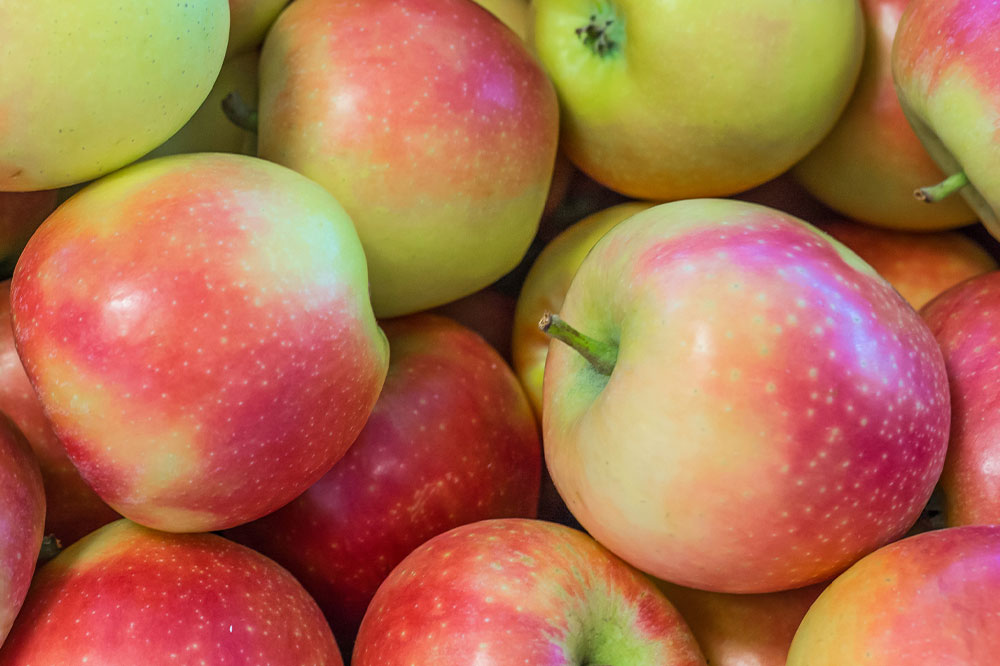Foods to eat for better lung health

Daily nutrition impacts how the organs in our body perform day in and out. For instance, healthy, well-balanced meals with essential vitamins, minerals, and nutrients boost immunity and lower the risk of serious complications. On the other hand, poor eating habits affect the functioning of specific organs, increasing the risk of diseases. This post lists the top foods nutritionists recommend adding to regular meals for boosting lung health and preventing chronic respiratory complications.
Apples
Apples are an excellent fruit to eat raw. They are rich in fiber and have a potent antioxidant called quercetin. Quercetin reduces the damage lung tissues suffer due to underlying respiratory disorders. Nutritionists recommend eating five or six apples a week for healthy lungs.
Assorted berries
Blueberries are among the richest sources of antioxidants that counter the inflammatory responses triggered by chronic respiratory disorders. A specific pigment in them called anthocyanins helps protect lung tissue from oxidative damage and slows down lung disease progression. Raspberries and strawberries are other antioxidant-rich berries to include in the daily nutrition plan for boosting lung function.
Tomatoes
Tomatoes are loaded with lycopene, a carotenoid that prevents airway inflammation and slows down lung function decline caused by respiratory disorders. Tomatoes are also a rich source of vitamin C, which helps boost immunity and lowers the risk of autoimmune responses that affect lung function. These properties make them a top food for healthy lungs.
Leafy green vegetables
Swiss chard contains magnesium, an essential nutrient that relaxes the bronchioles in the lungs to prevent airway inflammation. Similarly, kale and spinach have rich sources of essential phytochemicals and vitamins A, C, and E that also counter inflammation and boost immunity. Broccoli is a potent dark green veggie that contains sulforaphane, a compound that protects lung cells from toxic damage.
Beet greens
Beetroots contain nitrates, one of the most potent compounds that help lower blood pressure, optimize oxygen absorption, and help relax blood vessels to improve circulation. The green root of the vegetable is additionally packed with potassium, magnesium, vitamin C, and carotenoids that boost lung function and improve overall respiration.
Edamame
Edamame is a super green food that contains isoflavones, a compound that boosts lung function and prevents chronic disorders from causing severe respiratory failure. Isoflavones also exhibit anti-inflammatory, anti-bacterial, anti-cancer, and anti-microbial responses that help manage the symptoms of several other associated health complications.
Dark chocolate
Dark chocolate is healthy if had in moderation. It is made from cocoa beans, which contain theobromine, a water-insoluble alkaloid that helps relax the airways in the lungs. While not a superfood to have daily, dark chocolate can be enjoyed occasionally for healthy lungs.
Coffee and green tea
Coffee contains caffeine, which helps open blood vessels for efficient absorption and transportation of oxygen to support respiration function. Coffee also contains beneficial antioxidants that boost lung function and lower the risk of inflammation. On the other hand, green tea contains epigallocatechin gallate compounds, which help lower the risk of fibrosis in lung tissue and prevent scarring. Moderate consumption of these beverages helps improve overall lung function.





